101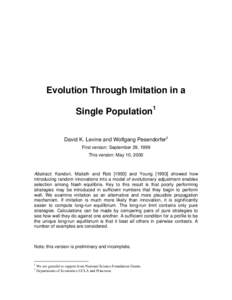 | Add to Reading ListSource URL: levine.sscnet.ucla.eduLanguage: English - Date: 2000-05-10 11:49:25
|
|---|
102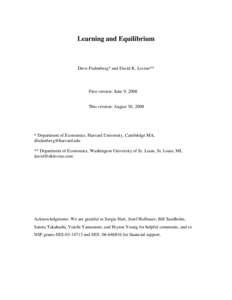 | Add to Reading ListSource URL: levine.sscnet.ucla.eduLanguage: English - Date: 2008-08-31 09:53:22
|
|---|
103 | Add to Reading ListSource URL: levine.sscnet.ucla.eduLanguage: English - Date: 2011-03-03 08:55:37
|
|---|
104 | Add to Reading ListSource URL: levine.sscnet.ucla.eduLanguage: English - Date: 2012-08-03 06:23:17
|
|---|
105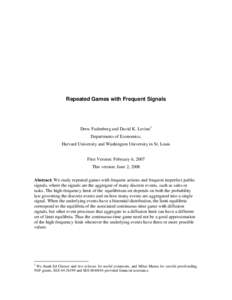 | Add to Reading ListSource URL: levine.sscnet.ucla.eduLanguage: English - Date: 2008-06-02 12:42:51
|
|---|
106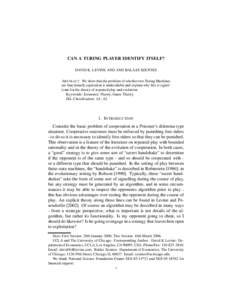 | Add to Reading ListSource URL: levine.sscnet.ucla.eduLanguage: English - Date: 2006-03-16 11:03:47
|
|---|
107 | Add to Reading ListSource URL: levine.sscnet.ucla.eduLanguage: English - Date: 1997-12-29 20:46:44
|
|---|
108 | Add to Reading ListSource URL: levine.sscnet.ucla.eduLanguage: English - Date: 2009-06-24 13:21:07
|
|---|
109 | Add to Reading ListSource URL: levine.sscnet.ucla.eduLanguage: English - Date: 2009-02-03 15:21:46
|
|---|
110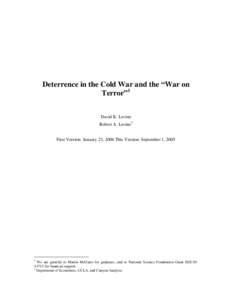 | Add to Reading ListSource URL: levine.sscnet.ucla.eduLanguage: English - Date: 2006-03-28 14:35:32
|
|---|